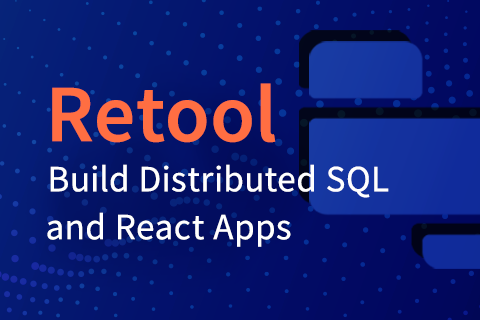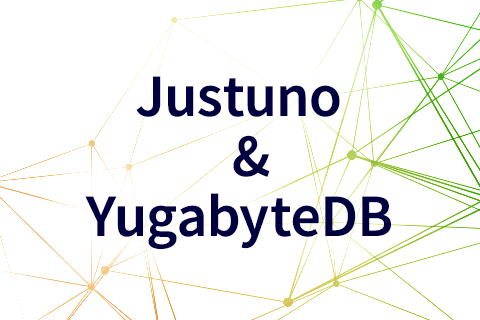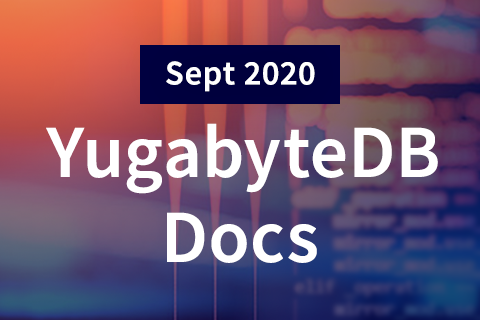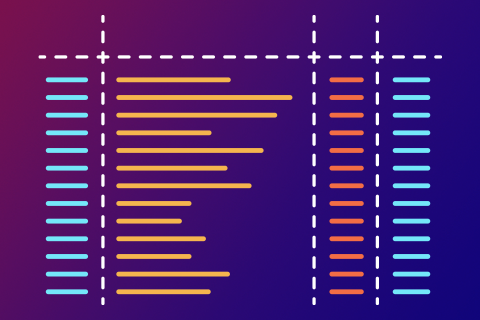Use Retool to Quickly Build Distributed SQL and React Apps
Retool is a next generation WSIWYG SaaS-based tool that enables you to quickly build React applications for internal consumption from your existing data sources using a variety of pre-built “building blocks.” Developers can choose from over 58 drag and drop components and combine them with custom JavaScript to create applications that can be securely deployed on-premise or hosted environments like Heroku. Retool supports over 30 native integrations including PostgreSQL, GraphQL, AWS S3, and Cassandra.
…









